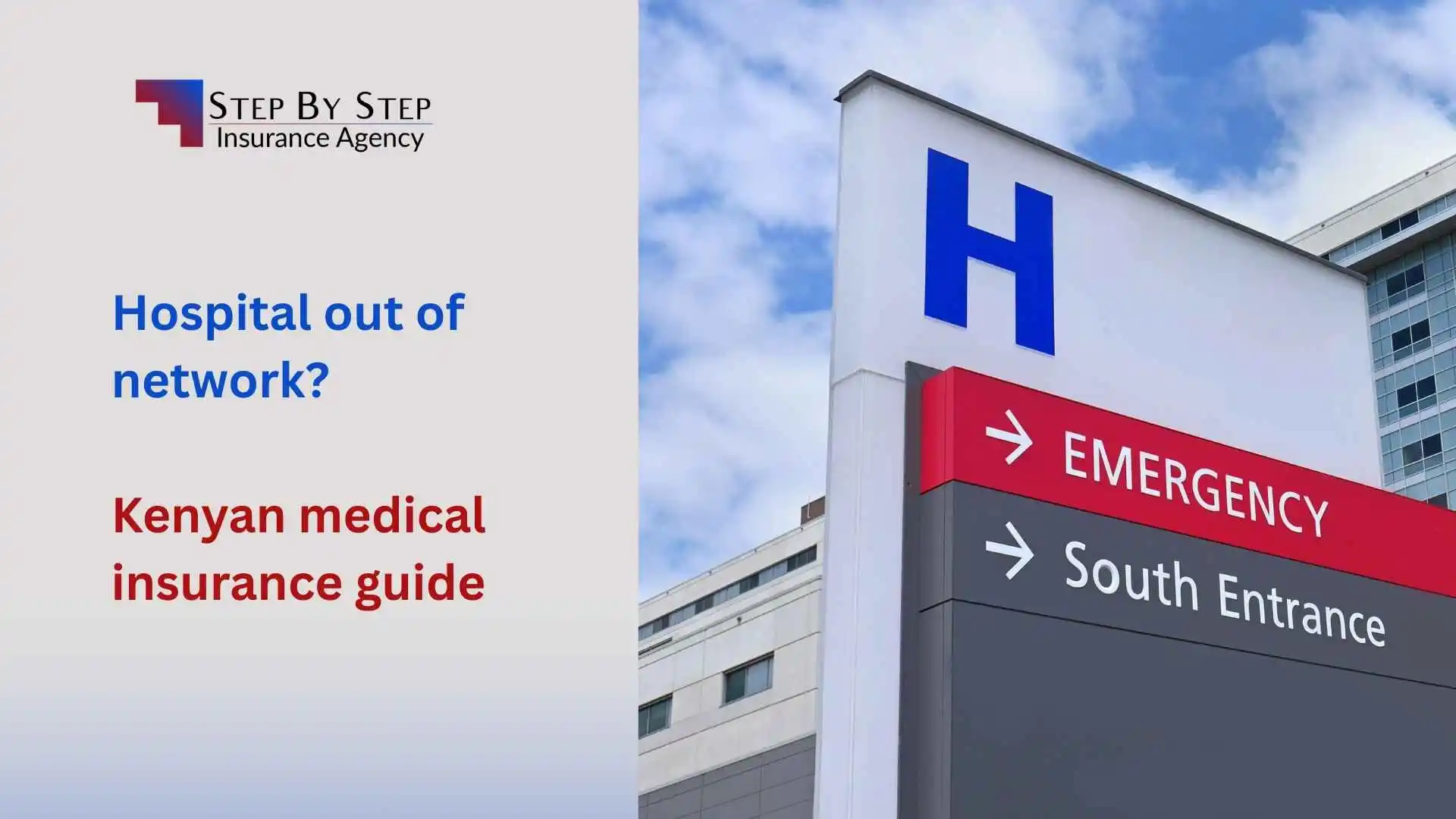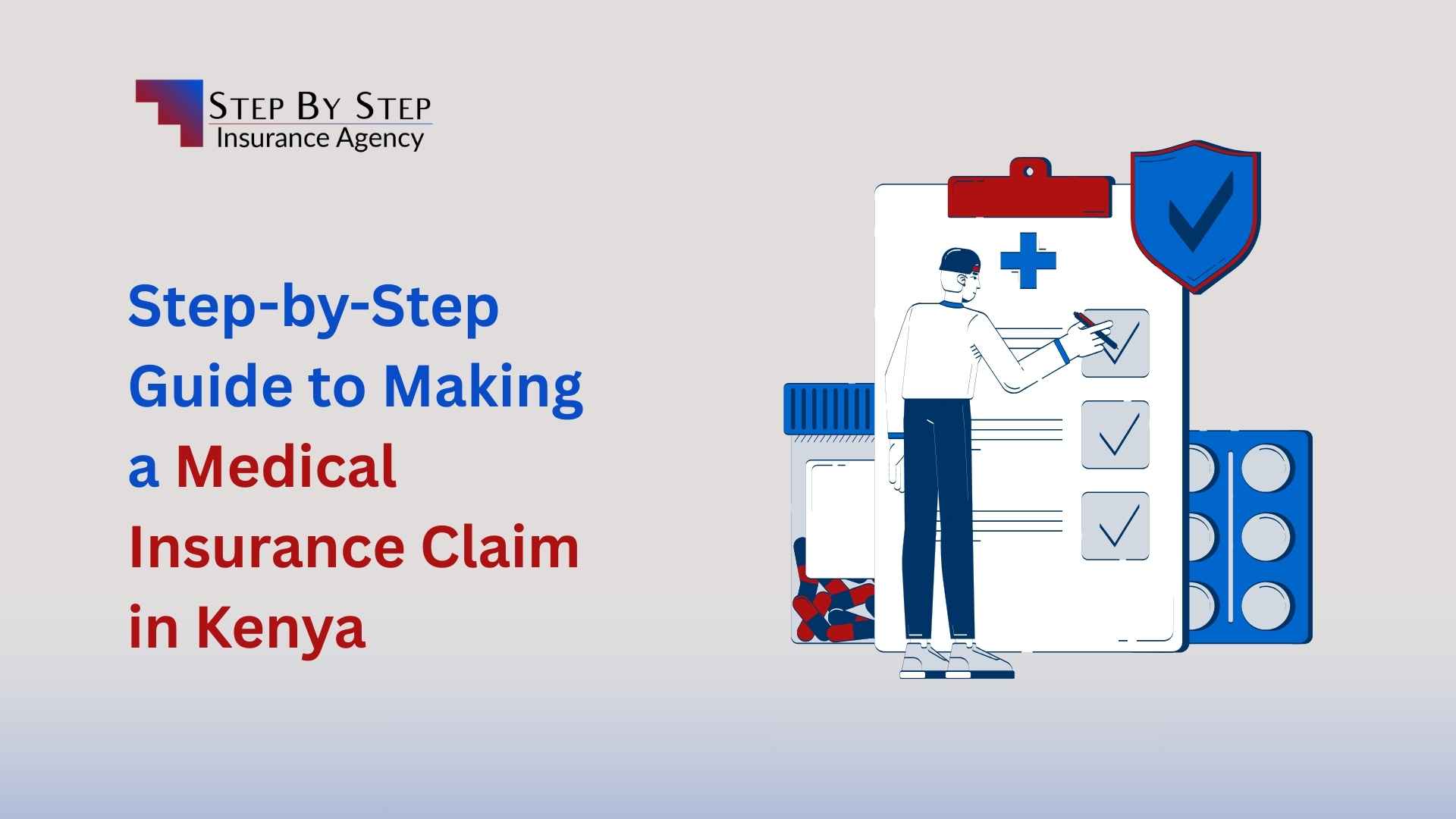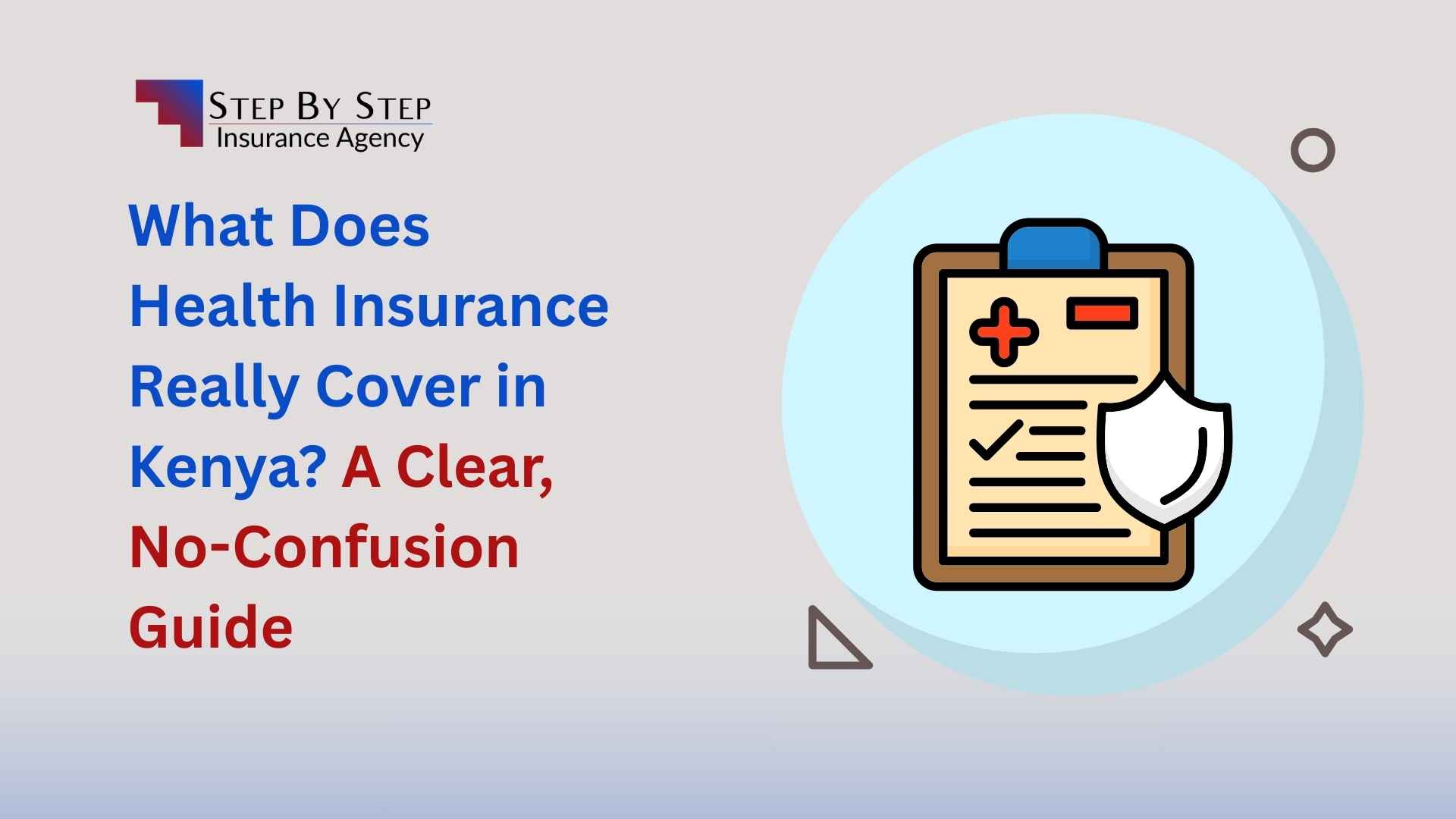Kenya Disburses KES 551 Billion to Health Facilities: SHA Cracks Down on Non-Compliant Hospitals
Kenya’s ambitious health reforms under the Social Health Authority (SHA) have ushered in a new era of healthcare financing and service delivery. Central to this transformation is the government’s massive financial commitment to accredited health facilities and a robust facility management system designed to ensure quality, accountability, and sustainability.
This blog post explores in depth the government funding landscape, the rigorous accreditation and compliance framework, recent crackdowns on fraudulent facilities, and the challenges and opportunities that lie ahead for Kenya’s health sector.
Key Takeaways
- The government has disbursed KES 551.3 billion to 7,446 accredited health facilities since October 2024
- Funding supports critical services including safe childbirth, chronic disease management, and emergency care
- Accreditation and compliance are strictly enforced, with 728 non-compliant facilities shut down
- 31 private hospitals were recently suspended due to fraudulent activities
- Challenges include balancing enforcement with access and managing capacity constraints
- Opportunities for improvement include digital claims processing and performance-based funding
Table of Contents
- Government Funding to Accredited Health Facilities
- Accreditation and Compliance Framework
- Recent Suspensions and Fraud Investigations
- Challenges in Facility Management
- Opportunities and Innovations
- Policy Recommendations and Future Directions
- Building a Sustainable Health System
- SHA Branch Locations
Join Our Insurance Community
Connect with a community of insurance professionals and enthusiasts. Get the latest trends, news, and insights directly on WhatsApp.
Join WhatsApp Group NowI. Government Funding to Accredited Health Facilities: A Pillar of Universal Health Coverage
Since the launch of the Social Health Insurance Fund (SHIF) under SHA in October 2024, the Kenyan government has disbursed a staggering KES 551.3 billion to 7,446 accredited health facilities nationwide. This funding is a cornerstone of Kenya’s Universal Health Coverage (UHC) agenda, ensuring that essential health services are accessible, affordable, and of high quality.
The funds support a broad range of critical services, including:
- Safe childbirth and maternal health: Investments ensure that pregnant women receive skilled care during pregnancy, delivery, and postpartum, reducing maternal and neonatal mortality rates.
- Chronic disease management: With rising non-communicable diseases (NCDs) like diabetes and hypertension, funding supports continuous care, medication, and monitoring.
- Emergency and critical care: Facilities are equipped to handle urgent medical conditions, trauma, and intensive care needs, which were previously underfunded.
This financial injection is not just about volume but also about timely and predictable reimbursements. Unlike the previous NHIF system, which was plagued by delayed payments, SHA’s capitation-based and claims reimbursement model ensures that facilities receive funds promptly, enabling them to maintain operations and improve service delivery.
The Ministry of Health has emphasized transparency and accountability in disbursements, with over KES 18.2 billion paid out by January 2025 alone to both public and private providers. This steady cash flow is critical for maintaining trust and encouraging facilities to participate actively in the SHIF scheme.
II. Accreditation and Compliance: Safeguarding Quality and Accountability
To qualify for government funding, health facilities must undergo a rigorous accreditation process managed by SHA. This process assesses infrastructure, staffing, equipment, and service quality to ensure that only capable and compliant facilities receive public funds.
Regular audits and inspections are conducted to:
- Verify adherence to national health standards
- Ensure accurate documentation and claims submission
- Monitor patient safety and service outcomes
Facilities that fail to meet these standards face stern consequences. Since the inception of SHA, 728 non-compliant facilities have been shut down, while 301 others have been downgraded, meaning they are restricted from offering certain services or receiving full funding.
This enforcement is crucial for:
- Protecting patients: Ensuring they receive care in safe, well-equipped environments
- Preventing misuse of funds: Discouraging fraudulent claims and unethical practices
- Upholding public confidence: Demonstrating that the government is serious about quality and integrity
III. Recent Suspensions and Fraud Investigations: Tackling Corruption Head-On
In a bold crackdown, the SHA recently suspended 31 private hospitals across multiple counties following investigations into fraudulent activities targeting SHA funds. These suspensions reflect the government’s zero-tolerance stance on corruption within the health sector.
Common fraudulent schemes uncovered include:
- Ghost patient admissions: Billing for patients who never received care
- False or inflated billing: Charging for services or procedures not rendered
- Misuse of pre-authorization codes: Manipulating approval processes to claim funds illegitimately
The government’s response has been swift and multifaceted:
- Immediate suspension of implicated facilities to prevent further losses
- Collaboration with anti-corruption agencies and law enforcement to investigate and prosecute offenders
- Recovery efforts to reclaim misappropriated funds
While these actions may temporarily disrupt services in affected areas, they are necessary to protect the integrity of the SHIF and ensure that public resources are used effectively to benefit genuine patients.
| Resource | Description |
|---|---|
| Comprehensive Guide to SHA Packages | Understand the different SHA packages available in Kenya |
| Afya Yangu Registration Guide | A step-by-step guide to registering for Afya Yangu (SHA) |
| Navigating SHIF Registration | How to secure your health coverage under SHIF |
| FAQs on Social Health Authority (SHA) | Answers to the most common questions about SHA |
IV. Challenges in Facility Management: Balancing Enforcement and Access
Despite these successes, managing a vast network of health facilities is not without challenges. The government must strike a delicate balance between:
- Swift punitive measures against non-compliant or fraudulent providers
- Ensuring uninterrupted access to healthcare, especially in underserved or rural areas where alternative providers may be scarce
Other challenges include:
- Capacity constraints: Limited human and technical resources to conduct thorough, frequent audits
- Resistance from some private providers: Pushback against stringent regulations or delayed payments
- Systemic issues: Delays in claims processing and payment can strain facilities’ cash flow, affecting service quality
However, these challenges also present opportunities for innovation and improvement.
V. Opportunities and Innovations: Strengthening Facility Management
The SHA is leveraging technology and partnerships to enhance facility oversight and support:
- Digital claims processing: Real-time tracking of claims submissions and payments improves transparency and reduces errors
- Performance-based funding: Incentivizing facilities that meet or exceed quality benchmarks encourages continuous improvement
- Capacity building: Training health workers and facility managers on compliance, documentation, and ethical practices
- Community engagement: Empowering patients to report irregularities via digital platforms or hotlines strengthens accountability
Through these measures, Kenya is building a more resilient, transparent, and patient-centered health system.
VI. Looking Ahead: Policy Recommendations and Future Directions
To sustain and build on these gains, the government and stakeholders should consider:
- Enhancing public reporting: Regular publication of facility accreditation status and funding allocations to foster transparency
- Strengthening legal frameworks: Clearer guidelines and harsher penalties for fraud to deter malpractice
- Expanding support to compliant facilities: Offering technical assistance and financial incentives to encourage best practices
- Promoting equitable access: Ensuring that enforcement actions do not disproportionately affect vulnerable populations by providing alternative service options
- Continuous stakeholder engagement: Collaborating with private providers, professional bodies, and communities to address challenges collectively
Conclusion: Building a Sustainable and Accountable Health System
Kenya’s investment of over KES 551 billion into accredited health facilities under SHA marks a historic commitment to Universal Health Coverage. By coupling this funding with stringent facility management, accreditation, and anti-fraud measures, the government is laying a foundation for a healthcare system that is both accessible and accountable.
While challenges remain, the bold steps taken to shut down non-compliant facilities and investigate fraudulent hospitals demonstrate a strong resolve to protect public resources and ensure quality care for all Kenyans.
For the millions relying on public and private health facilities, these reforms promise a future where healthcare is not only affordable but also delivered with integrity and excellence.
If you are a healthcare provider or patient, stay informed about SHA accreditation status and report any irregularities to help build a stronger health system for all Kenyans.
SHA Branch Locations in Kenya
- SHA Headquarters: Ground Floor, SHA Building, Ragati Road, Nairobi City
- KNH Hospital: Hospital Road, Nairobi, Kenya
- Eastleigh: Sunrise Shopping Mall, Nairobi City
- Westlands: Rainbow Towers, Nairobi City
- Kangemi: Palace Building, Co-Op Bank, Nairobi City
- Buruburu: Mesora Centre, Nairobi City
- Gikomba: SK Plaza, Nairobi City
- Mama Lucy Kibaki Hospital: Spine Road, off Kangundo Rd, Nairobi City
- Industrial Area: Liberty Plaza, Opp Imara Junction, off Mombasa Rd, Nairobi City
- Ruaraka: ICPAK Building, Near KCA University, Nairobi City
- Kabarnet: Mart Properties Limited, Baringo
- Eldama Ravine: KCB Building 2nd Flr Mercy Hosp Rd, Baringo
- Sotik: Bureti Tea Growers SACCO Building, Bomet
- Bomet: Aggie Plaza, Bomet
- Bungoma: Daimah Plaza (Bungoma-Kanduyi Rd), Bungoma
For more information, you can also visit the SHA official website or their Facebook page.
External Resources
- Official SHA Website – The primary source for information on SHA programs and services






